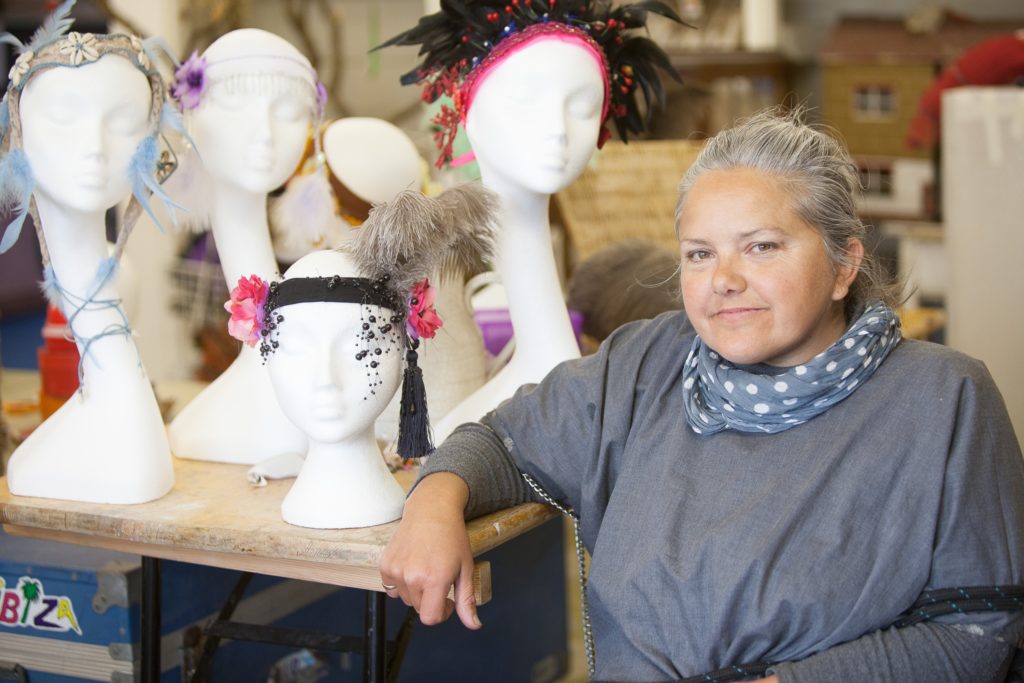
Strawberry Fields is a delivery partner in the Changing Futures project in Lancashire. Changing Futures is part of the nationwide Building Better Opportunities programme, funded by the European Social Fund (ESF) and The National Lottery Community Fund to help tackle the poverty and social exclusion faced by the most disadvantaged people in England.

The Changing Futures project is focussed on supporting people facing multiple and complex barriers to employment. All participants are unemployed or economically inactive and are at high risk of social exclusion, such as people from BAME communities, people with physical or mental health problems and people with learning difficulties.
Through the Changing Futures project, our partners work with each participant as an individual. Our Transformational Coaches help each participant to understand their own abilities, skills and interests to identify ways to help address their multiple barriers to economic activity.

This project was extended due to the success of its first 3 years’ delivery. As a result, the Changing Futures partnership will support 2160 people over the lifetime of the project to overcome multiple and complex barriers and move closer to employment, education or training. This project is delivered exclusively by social enterprises and community organisations and we are proud to be part of this specialist partnership whose work is transforming lives across Lancashire.
Our partnership’s most recent quarterly results show that Changing Futures has already supported 1500 people who are ‘hard to reach’ with multiple and complex barriers to work. As a direct result of the support received from this project, 300 people have overcome the challenges they were facing and are now employed, self-employed or in training.
For more information about the Changing Futures project please contact:
scot@strawberrryfieldscic.co.uk mob:07818037929
What we can offer in brief:
- Individualised, one to one, long or short-term employability support; identifying barriers to employment or becoming ‘employment ready’ and the strategies to help overcome them.
- Practical support, including writing CVs, cover letters, help with application forms and interview techniques
- Support, information and coping mechanisms to help manage difficult emotions
- Regular meetings, often in local community settings to help tackle social isolation
- Home visits as necessary and appropriate for participants who might initially be unable or uncomfortable to meet elsewhere.
- Understanding and exploring the participant’s training and educational needs, then identifying, discussing and enrolling on courses
- Aftercare to support the transition into employment/education/training
- Individual Learning Packages (ILPs) to measure progress.
